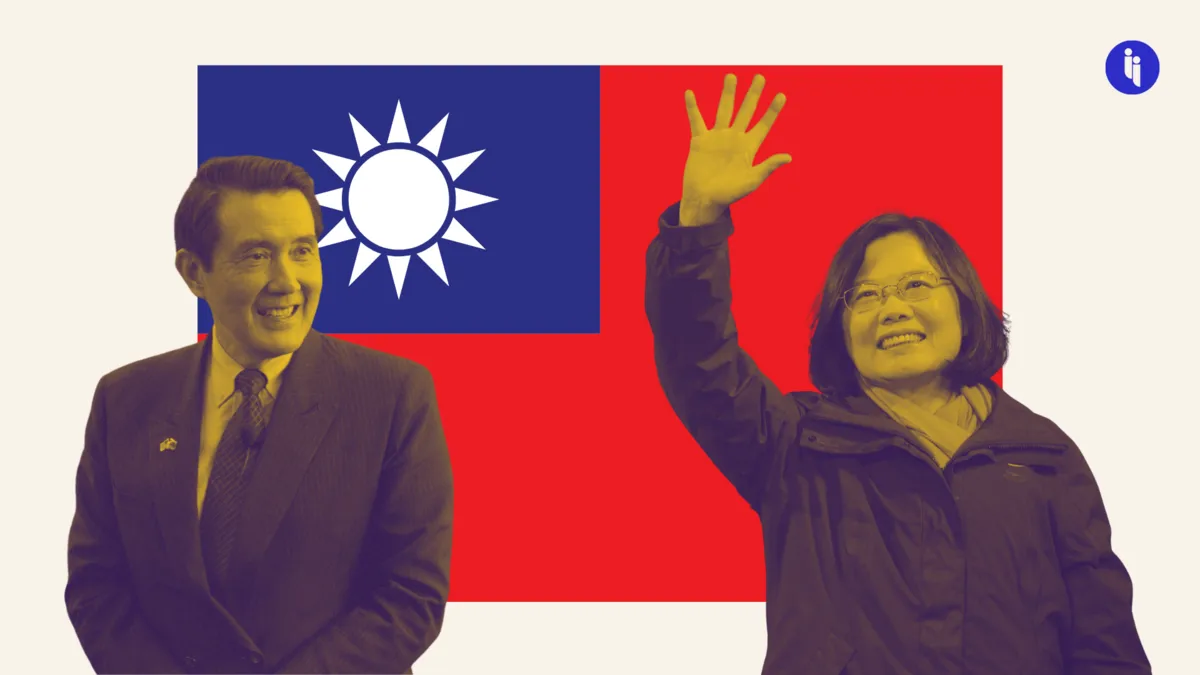Briefly: Former Taiwanese President Ma Ying-jeou will visit China next week. He’ll be the first current or former Taiwanese leader to visit the mainland since his party lost the Chinese Civil War and retreated to found modern Taiwan in 1949.
A member of Taiwan’s more Beijing-friendly party (the Kuomintang or KMT), Ma oversaw a warming of ties with China during his 2008-16 rule. This culminated in an historic summit with Chinese President Xi in Singapore in 2015.
But Ma’s perceived closeness to Beijing also spooked many Taiwanese people, triggering the massive ‘sunflower movement’ protests of 2014. His KMT party went on to lose the next two elections to the Democratic Progressive Party (DPP), which embraces a more Taiwanese identity for the island and its people.
Stay on top of your world from inside your inbox.
Subscribe for free today and receive way much more insights.
Trusted by 129,000+ subscribers
No spam. No noise. Unsubscribe any time.
Intrigue’s take: Taiwan exists (and thrives) in a fragile grey area:
- It functions like an independent country, but won’t formally declare independence.
- And the US functions like Taiwan’s ally, but won’t formally promise to defend it.
This ambiguity leaves China with just enough hope that ‘reunification’ negotiations with Taiwan are still worthwhile; and just enough fear that an attempted invasion of Taiwan would meet a US response.
And that leaves Taiwan’s two main parties essentially (if unwittingly) performing a ‘good cop, bad cop’ routine for China: we’ll see the ‘good cop’ (Ma) visit China next week, while the ‘bad cop’ (President Tsai) will visit the US next month. As messy as it seems, these mixed signals help preserve Taiwan’s ‘grey area’ existence.
For China’s part, it responds to ‘good cop, bad cop’ with ‘carrots and sticks’. If the Beijing-friendly KMT wins January’s elections, China will be dusting off the carrots. If the DPP retains power, we can expect more sticks.
Also worth noting:
- Taiwan’s 1947 constitution still claims all of China as its own, though in practice Taiwan’s leaders abandoned this claim as Taiwan democratised.
- 70-80% of the Taiwanese people consider themselves ‘Taiwanese’, a big jump from a decade ago when half still said they were ‘Chinese’.








